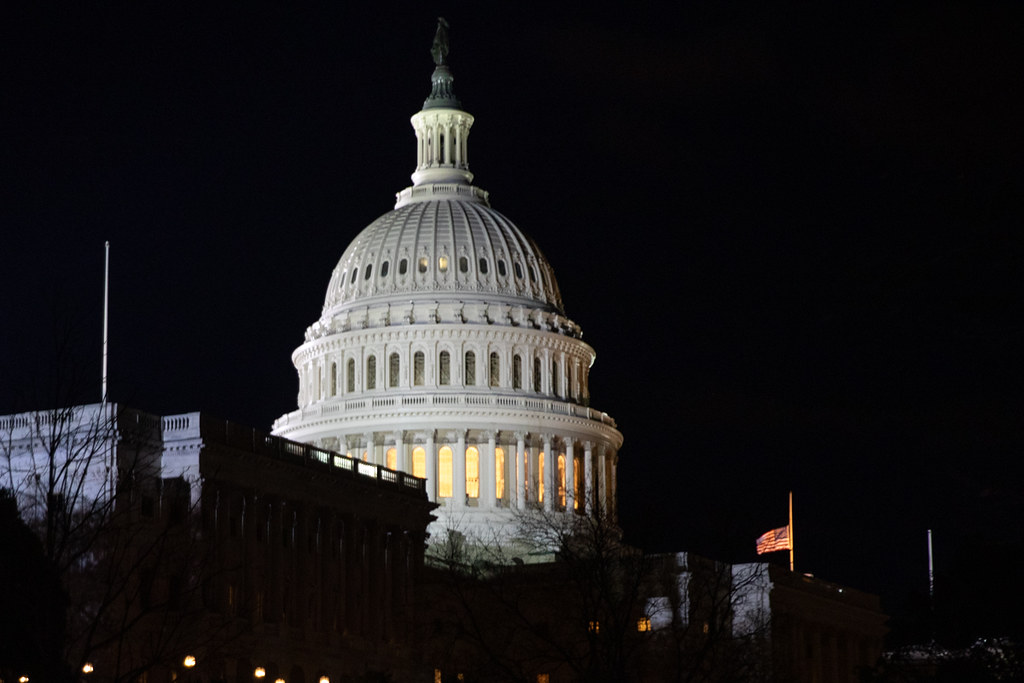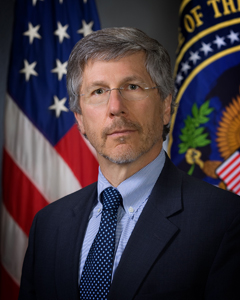The Whistleblower Should Not Have to Testify
The House and Senate Intelligence Committees are both contemplating testimony from the intelligence community officer who first brought to light President Trump’s call with Ukrainian President Volodymyr Zelensky. But requiring the whistleblower to testify is both unnecessary and unwise.

Published by The Lawfare Institute
in Cooperation With

The House and Senate Intelligence Committees are both contemplating testimony from the intelligence community officer who first brought to light President Trump’s call with Ukrainian President Volodymyr Zelensky. But requiring the whistleblower to testify is both unnecessary and unwise.
The whistleblower’s testimony will almost certainly add nothing to what we already know—just as Special Counsel Mueller’s testimony added nothing substantive to his written report. The whistleblower’s written complaint is comprehensive and detailed. And as the president’s supporters repeatedly note, the whistleblower has no first-hand knowledge of the events. There seems little reason to ask the whistleblower to repeat orally what he was told by others.
Moreover, by now almost everything in the whistleblower’s complaint has been verified by documents or individuals with first-hand knowledge. The committees have the memorandum reflecting President Trump’s call with Zelensky, which closely tracks the whistleblower’s description. They have testimony from State Department and National Security Council officials describing the president’s insistence on pressing Ukraine to investigate both the Bidens and the Clinton email server, and his sidelining of career officials who declined to do his bidding in favor of a shadow foreign policy run by political loyalists and his personal lawyer Rudy Giuliani. And we have the admission by Acting White House chief of staff Mick Mulvaney, since unconvincingly recanted, that there was, in fact, a quid pro quo—that military aid would not be delivered unless Ukraine agreed to open an investigation for the president’s personal political benefit.
Given all this, there is no point in having the whistleblower testify. It will not add to our knowledge, but will merely provide an opportunity for overt or subtle attacks on the whistleblower and his or her credibility, of the sort that the president’s defenders have already been making.
And that’s the problem. Protection of lawful whistleblowers is important for the country, for the government as a whole, and particularly for intelligence agencies. It is essential that intelligence officers who observe what they believe to be fraud, or illegality or abuse, believe that they can safely report through channels. The Intelligence Community Whistleblower Protection Act, along with implementation of the act by President Obama’s PPD-19 and Intelligence Community Directive 120, provide a path for such disclosures and explicitly prohibit retaliation. The whistleblower in this case followed the requisite procedures to the letter. Failure to protect this whistleblower will send a message that the only way to bring misdeeds to light is to go to the media—a result that will gravely damage the intelligence community.
And not at all incidentally, this particular whistleblower could also face a significant physical risk if his or her identity is exposed. The attacks on the whistleblower, and on the whistleblower’s sources, have escalated to accusations of treason and veiled references to the death penalty. The last few years have shown that some individuals may take such suggestions to heart and act on them—witness, for example, Edgar Welch’s armed intrusion on a pizza restaurant in Washington based on online conspiracy theories. Given the current factual record, there are no compelling national interests that would justify exposing the whistleblower to such a risk.
Whether or not one believes that the president deserves to be impeached and removed from office, the public interest requires that Congress move expeditiously, focus on ascertaining the facts from witnesses with first-hand knowledge, and protect the whistleblower to the maximum extent possible. Requiring the whistleblower to testify does not further the public interest in any respect.





